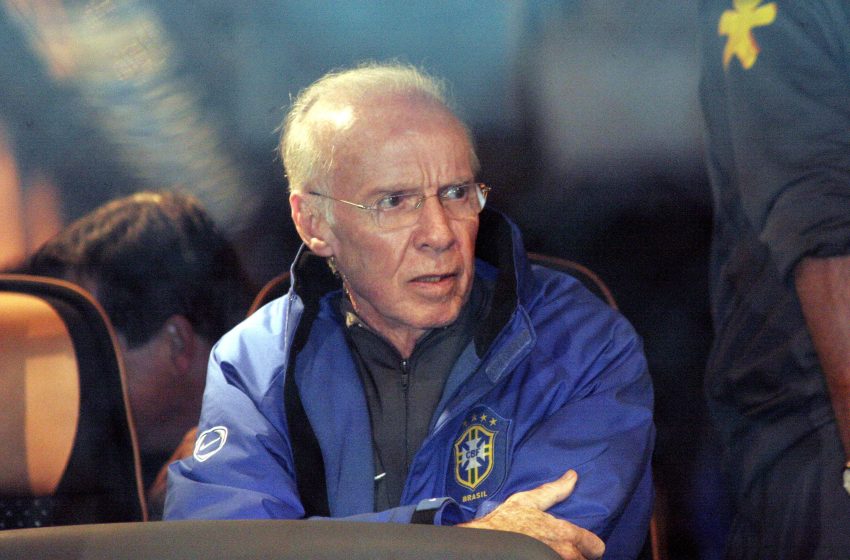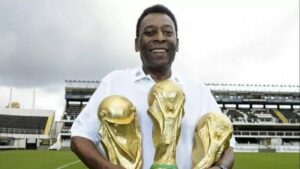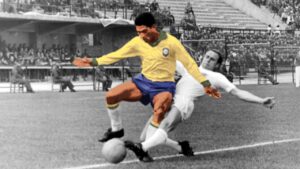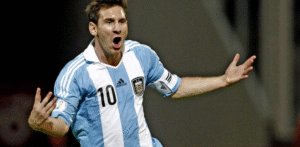13 Coaches Who Made a Huge Impact at the World Cup
The World Cup has produced not only football’s most celebrated players but also the masterminds behind the tactics, motivation, and triumphs. These World Cup coaches didn’t just manage teams—they built legacies, changed strategies, and influenced the global evolution of the game. Here are 13 coaches whose impact still echoes through football history.
1) Vicente del Bosque – Spain’s Calm Architect (2010)
Del Bosque guided Spain to their first World Cup in 2010 with a calm, analytical approach (BBC). Building on tiki-taka foundations, he blended patience with precision. His leadership style showed how tranquility and trust could deliver dominance.
2) Luiz Felipe Scolari – Brazil’s Emotional Commander (2002)
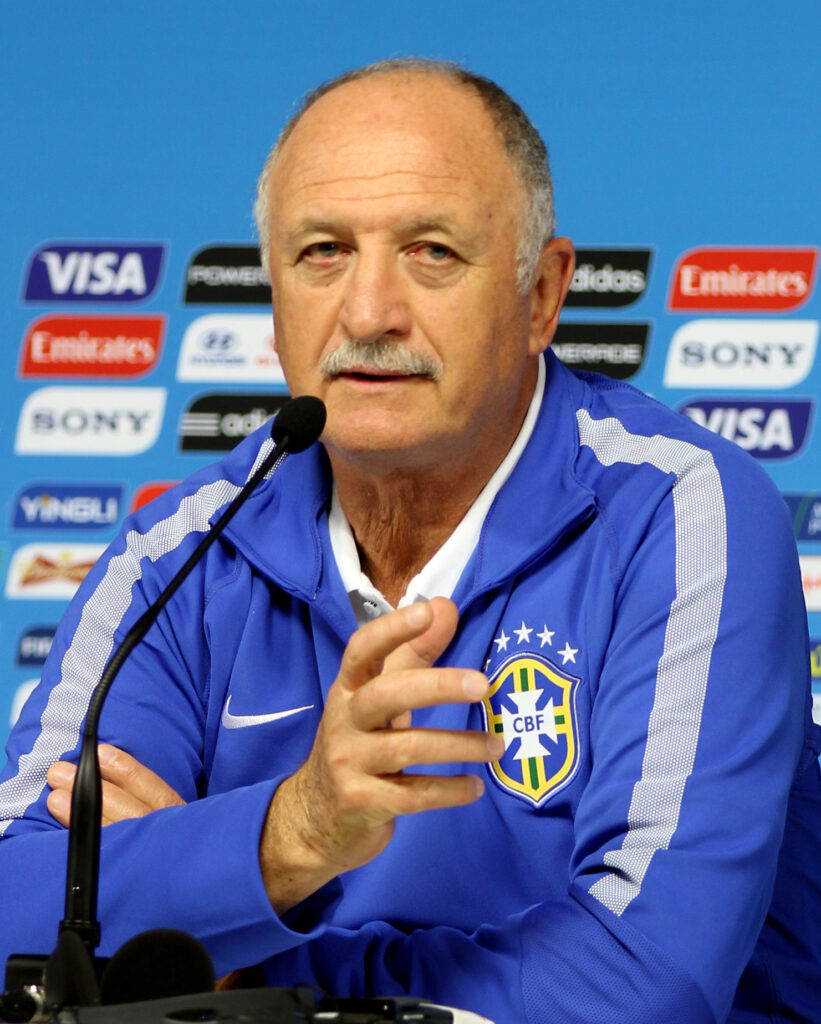
Scolari restored Brazil’s joy and swagger in 2002, leading a squad featuring Ronaldo, Rivaldo, and Ronaldinho to triumph (Sports Illustrated). His emotional connection to players created unity and confidence. “Big Phil” reminded the world that heart matters as much as tactics.
3) Franz Beckenbauer – The Captain Turned Coach (1990)
Already a legend as a player, Beckenbauer led West Germany to World Cup glory in 1990 as manager (DW). His tactical discipline and leadership inspired generations. He remains one of only three men to win the trophy as both player and coach.
4) Mario Zagallo – The Multi-Champion (1970 & 1994)
Zagallo is another legend who won the World Cup as both player and coach, leading Brazil’s 1970 squad to breathtaking football perfection (FIFA). He later assisted on Brazil’s 1994 title. His innovation in fluid attacking play became a Brazilian trademark.
5) Helmut Schön – The German Strategist (1974)
Helmut Schön guided West Germany through the competitive 1970s, culminating in the 1974 title (The Guardian). He managed legends like Beckenbauer and Müller with tactical efficiency and quiet authority. His attention to discipline redefined consistency in coaching.
6) Enzo Bearzot – The Silent Leader (1982)
Bearzot guided Italy to a stunning 1982 title after a rocky start (Sports Illustrated). Known for his quiet confidence, he trusted Paolo Rossi despite criticism—and was rewarded with glory. Bearzot’s faith in players became a hallmark of leadership by belief.
7) Aimé Jacquet – The French Unifier (1998)
Jacquet led France to its first World Cup in 1998, blending stars like Zidane with a disciplined tactical core (BBC). He built unity amid media pressure and criticism. His triumph marked the rise of multicultural France as a football power.
8) Joachim Löw – The Modernizer (2014)
Joachim Löw modernized Germany’s style, merging precision with creativity en route to the 2014 title (DW). His commitment to fluid attacking football ended years of frustration. Löw’s methods made Germany a global benchmark for structure and flair.
9) Carlos Alberto Parreira – The Veteran Strategist (1994)
Parreira guided Brazil to their fourth title in 1994 with a pragmatic approach that emphasized defense (FIFA). Though criticized for being too cautious, his plan worked perfectly. He proved that tactical realism can coexist with Brazilian passion.
10) Alf Ramsey – The Inventor of “Wingless Football” (1966)
Ramsey led England to their only World Cup win in 1966, using a revolutionary “wingless” 4-4-2 system (The Guardian). His confidence in tactical structure and teamwork became legendary. “Sir Alf” changed English football forever.
11) César Luis Menotti – The Philosopher (1978)
Menotti’s Argentina of 1978 played expressive, attacking football rooted in creativity and national pride (FIFA). His ideology—football as art—contrasted later pragmatism. Menotti turned coaching into cultural philosophy.
12) Lionel Scaloni – The New Generation Leader (2022)
Scaloni took Argentina from post-Messi doubts to 2022 world champions (New York Times). Young, calm, and empathetic, he built unity and belief. His modern methods bridged generations and redefined leadership for the 21st century.
13) Luiz Enrique – The Modern Thinker (2022)
Though Spain fell short in 2022, Enrique revolutionized preparation and data-driven management (Sports Illustrated). His Twitch streams and openness connected a new generation of fans. He symbolized the future of coaching transparency and innovation.
FAQ
What makes a World Cup coach truly impactful?
It’s not just about winning—it’s about transforming teams and inspiring nations. The best World Cup coaches leave behind philosophies that redefine football itself (FIFA).
Who is the greatest coach in World Cup history?
Names like Zagallo, Beckenbauer, and Del Bosque often lead the discussion, but every era brings its visionary. From Alf Ramsey’s tactics to Scaloni’s modern leadership, these 13 minds all changed the game in their own way (New York Times).
Suggested Internal Reads: The Art of World Cup Fan Displays & Tifos · Traveling Fans · Host Nation Home Support
